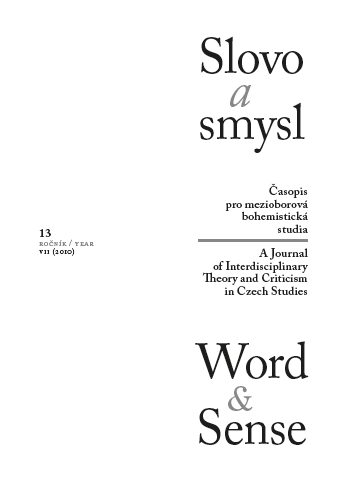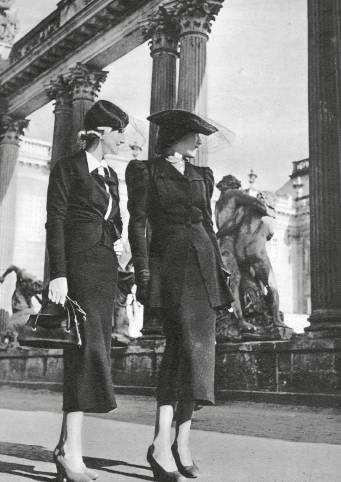Editorial
Under Studies, Word and Sens No. 13 presents two pieces devoted to the effects of dreams and dreaming in various eras and cultural contexts: Jiří Starý surveys an extensive and unique textual corpus of Old Nordic dream descriptions and concludes that unlike the later, Christian dreams, turned towards the supra‑natural, the dreams of the Viking epoch and of the Scandinavian Middle Ages primarily bring an extended perception of our own physical world, supply access to a “broader reality” or “broader presence” than the one our senses can capture in our waking state. Václav Vaněk in his essay Levitation. Dreams in the Czech National Revival compares the forms of dreamy taking to the skies in prose works of Karel Sabina, F. J. Rubeš and Bedřich Moser; in them, it becomes apparent that within a relatively short period of time, from the 1830s to the 1860s, “the romantic hero with his desire of self‑transcendence is ousted by the bourgeois striving for self‑fulfilment.” In their essay on Representation, the Performance of History and the Current State of Literary Studies, Petr A. Bílek and Vladimír Papoušek consider the options available to a student of literature in the post‑structuralist era and advocate the one where instead of “literary chronicling,” or a pious recording of all historical traces extant from the un‑describable complexity of the original cultural whole, the researcher braves hypotheses by completing or rewriting selected original traces by integrating them into new, avowedly artificial and constructed wholes.
The first text in Sketches anticipates our Question For…, this time focusing on issues of fashion and scientific research. Joanna Derdowska’s note on the changing of fashionable research trends is, in its brevity, very much to the point; at the end of her The Researcher’s New Clothes, she points out that what “people wear” depends not exclusively on fashion but also on individual taste. Doris Boden inquires into the complex search of identity and the limits of false self‑conceptions, as determining for the characters of Milan Kundera’s L’identité. Josef Švéda follows the modifications undergone by “the true story of the Mašín brothers” within the mythologizing narrative presented in Barbara Masin’s Legacy, and shows the simplification of a complex historical reality it effects for the aims of an unambiguous plot, exhibiting the structural features of an adventure novel. In his essay On Trying not to Murder Literature by Culture, Marek Dobrý considers both the benefits and inspirations of New History a la Stephen Greenblatt for literary studies (in particular for Vladimír Papoušek’s concept of literary history) and the risks involved in transferring the methods of New Historicism onto the literary field.
In Question For…, Petr A. Bílek replies whether following Roland Barthes and his System of Fashion, one could also in the field of literary studies employ the semiotically based category of “fashionableness,” delineate clear manifestations of fashionable trends, and capture their functioning.
The Retrospective presents a thus far unpublished essay by Růžena Grebeníčková from her Italian trek, folowing the footsteps of Karel Hynek Mácha. The text was edited and annotated by Michael Špirit.
In Critical Views, we have included the recollections of Milan Jankovič of his long‑time colleague and personal friend Zdeňek Pešat and three reviews: Kateřina Veselá highlights the “sensitivity towards the complex problem of history,” as demonstrated by Jiří Brabec in his Panství ideologie a moc literatury, Anja Tippner has another look at Vojvodík’s Povrch, skrytost, ambivalence. Manýrismus, baroko a (česká) avantgarda, and Tomáš Kubíček “enjoys the well‑read intellect” of Svatoň’s Román v souvislosti času. The issue closes Luboš Merhaut’s polemics with the “alarming idea” of a “new kind” of lexikography, as outlined by Karel Piorecký in his Re‑Mediation of Literary Lexikography.
Translated by Martin Pokorný


